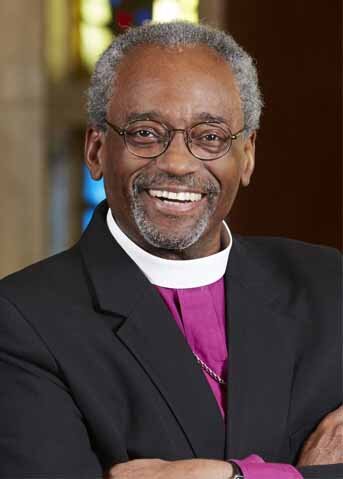Sensible Shoes by Sharon Garlough Brown: a great help in your journey
/If you’re a thinking, feeling, relational human being, you’re sure to be nourished by the book Sensible Shoes. Part fiction, part spiritual direction, part Bible study, it sensitively and delicately weaves the stories of four seekers into an expanding tapestry of healing and discovery: for themselves as individuals, and as parts of something bigger.
Author Sharon Garlough Brown’s roles as pastor, spiritual director and retreat leader all guide and intricately colour the book. She takes us deeply inside each traveller, helping us see and hear as they do, and often glimpse and perceive aspects of ourselves in their impressions and discoveries.
By following along, you may well find encouragement to likewise step out of comfort zones or away from fear and isolation, towards the journey that ‘fits’ best, lifts above the humdrum, and moves you toward a beginning sense of rightness and fulfilled destiny.
Sharon Garlough Brown (MDiv, Princeton Theological Seminary) and her husband Jack have served congregations in Scotland, Oklahoma and England, and currently co-pastor Redeemer Covenant Church in Caledonia, Michigan. The second book in the Sensible Shoes series is Two Steps Forward: A Story of Persevering in Hope and more are promised.



















